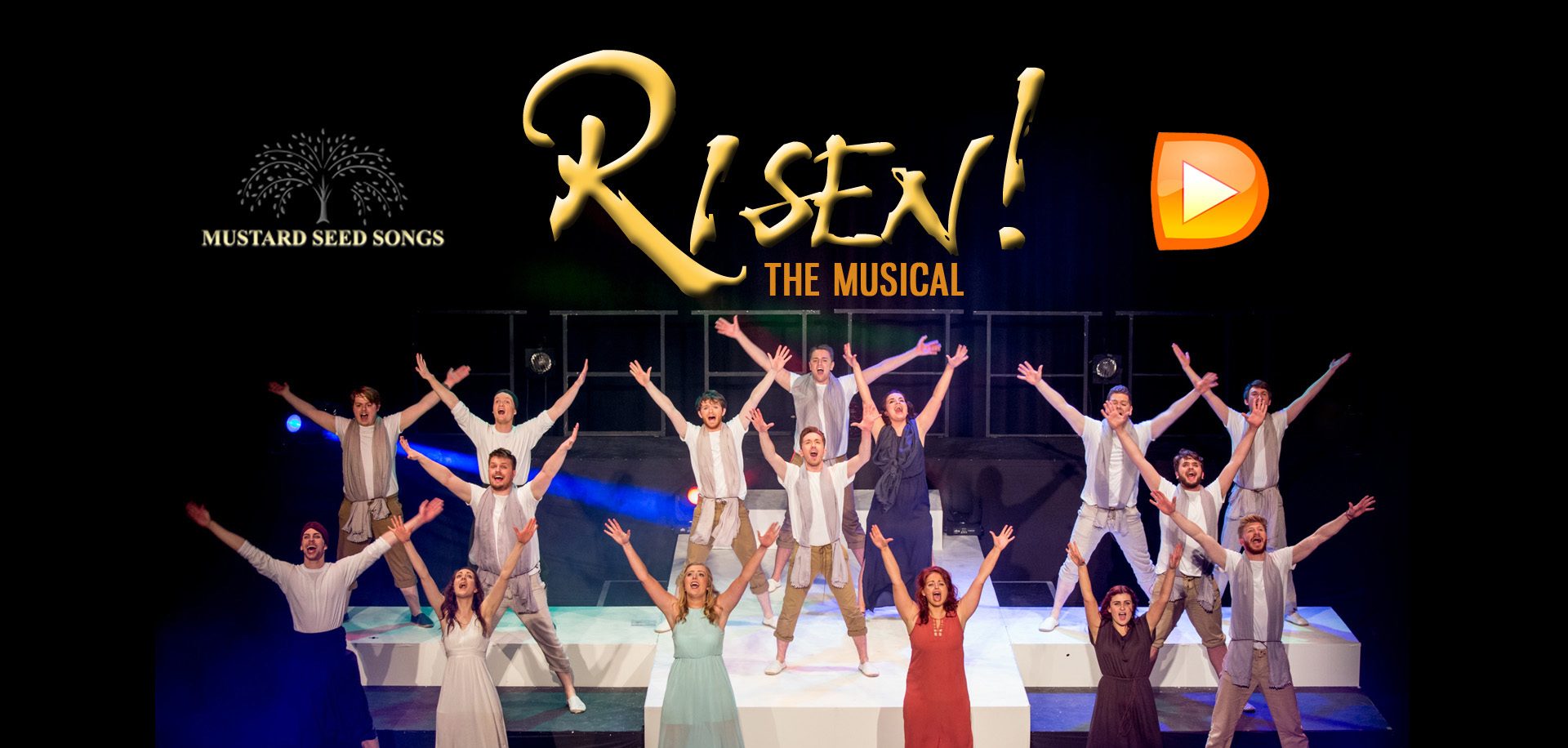
Lee Strobel
“His Story” featuring Lucy Stimpson- Maynard and the Mustard Seed Soul Band from the albums “Uplifted” and His Story” recorded and produced by Bob Ross.
Last week I explained that one reason why I have been continuing to explore the topic “Was Jesus really raised from the dead?” is an ongoing conversation with Alan, who is an ex -Crofton student and an atheist. He is, at present holidaying in Kos and hopefully reading the pro Resurrection book I sent him- Lee Strobel’s “The Case for Christ” which is one of many books that seek to provide evidence for the Resurrection.
I am about to read “Challenging the Verdict” which Alan sent me, written by Earl Doherty in response to “The Case for Christ.” In preparation I have just re-read “The Case of Christ” and can thoroughly recommend it. I had, in fact previously used some of its material when writing Risen! – The Musical, for example the fact that if the Gospels were made up why did they record Jesus first appearing to women when women held no status in the culture of the time so any testimony they gave to the Resurrection would have carried no weight?
Strobel has a Master’s Degree in Law from Yale University and was formerly Legal Editor of the Chicago Tribune; an investigative journalist who traces his own spiritual journey from atheist to faith by cross examining recognised authorities in their own field. The book is divided into three parts – Examining The Record. Analysing Jesus and Researching the Resurrection. The chapters in Part One are titled -Can the biographies of Jesus be trusted? Do the biographies of Jesus stand up to scrutiny? Were Jesus’ biographies reliably preserved for us? Is there credible evidence for Jesus outside His biographies? Does Archeology confirm or contradict Jesus’ biographies? Is the Jesus of history the Jesus of faith?
In Part Two – Was Jesus really convinced He was the Son of God? Was Jesus crazy when He claimed to be the Son of God? Did Jesus fulfill the attributes of God? Did Jesus and Jesus alone match the identity of the Messiah?
In Part Three – Was Jesus death a sham and His resurrection a hoax? Was Jesus’ body really absent from His tomb? Was Jesus seen alive after His death on the cross? Are there any supporting facts that point to the Resurrection? What does the evidence establish- and what does it mean today?
During my re- read I was particularly drawn to the point Strobel makes that it is not just the Gospels that speak of the Resurrection- there is also 1 Corinthians 15 written by Paul “…. Christ appeared to Peter and then to the twelve. After that He appeared to more than 500 at the same time…………….” Also the Book of Acts in which Luke quotes the disciple Peter as saying “God has raised this Jesus to life and we are all witnesses of the fact.” (Acts 2:32) Also in Acts 3:15 Peter says “You killed the author of life but God raised Him from the dead. We are witnesses of this.” In Acts 10:41 Peter says that he ate and drank with Him after He rose from the dead.” And Paul states in Acts 13:31 “For many days He was seen by those who had travelled with Him from Galilee to Jerusalem. They are now His witnesses to our people.” Strobel also gives evidence to the fact that I Corinthians was written before the Gospels – perhaps only two years after the crucifixion.
I was also drawn to two concluding paragraphs in the book -the first by J.P Moreland (PH.D in Philosophy, Masters in History and Theology and Degree in Chemistry) who said “If someone wants to consider the circumstantial evidence and reach the verdict that Jesus was not raised from the dead – fair enough, but they have got to offer an alternative plausible explanation.” The second by Sir Leonard Luckhoo, an Attorney who was awarded a place in the Guinness Book of Records for gaining 245 consecutive murder acquittals. After spending several years rigorously analysing the historical facts about the Resurrection Luckhoo declared “I say unequivocally that the evidence for the Resurrection of Jesus Christ is so overwhelming that it compels acceptance by proof which leaves absolutely no room for doubt.”
So what does Earl Doherty in “Challenging the Verdict” say in response to that? – I will share that with you next week.
